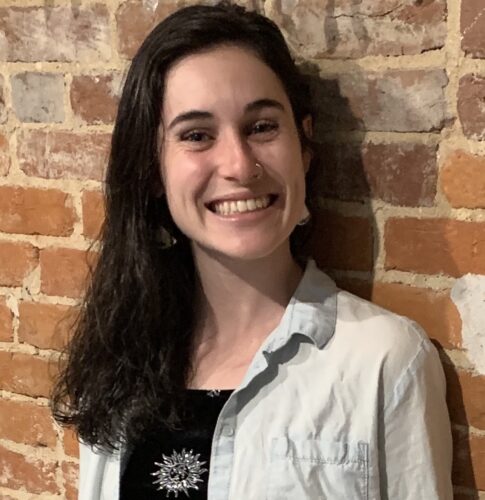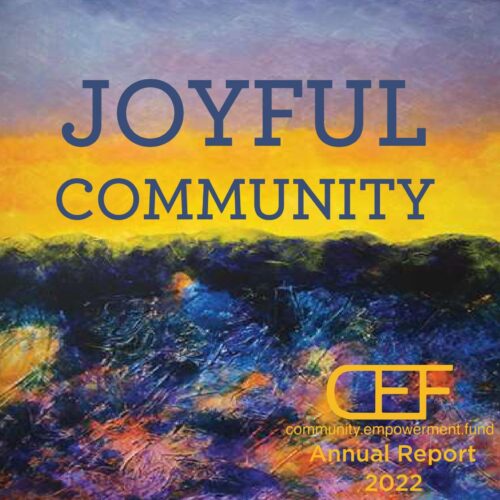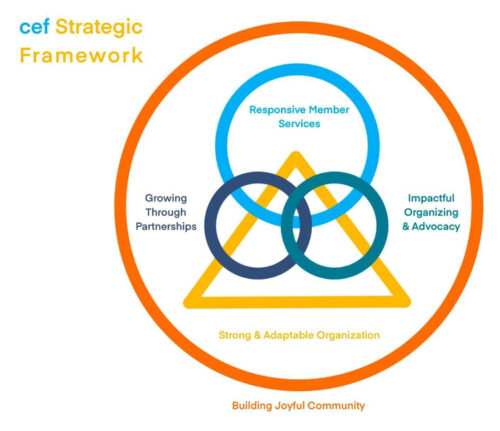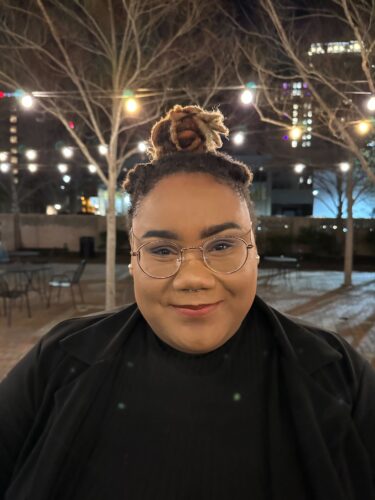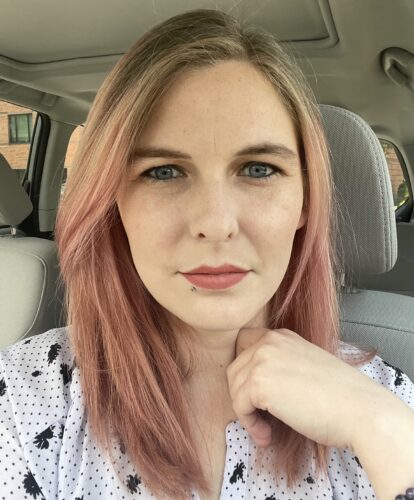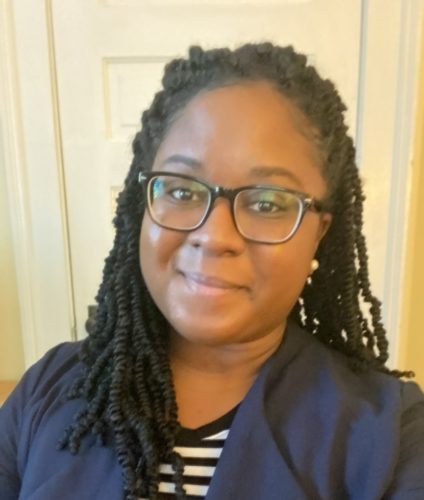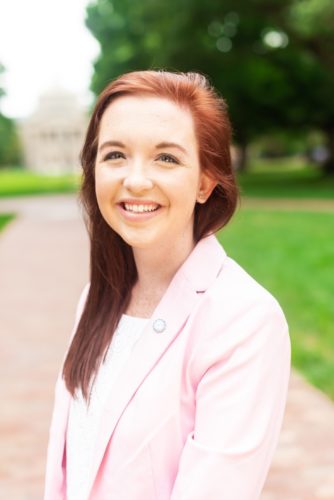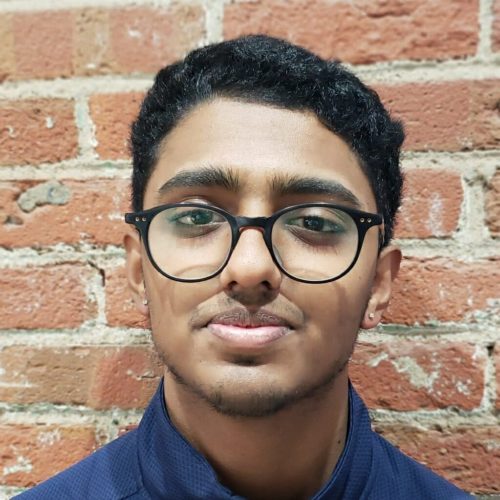Meet Chloe Wells, Advocate Program Coordinator (CH)

Your Role: In your own words, how would you describe the work you do at the CEF and why is it important?
At CEF, I hold the role of the ‘Advocate Program Coordinator’ (APC). This title generously encapsulates my responsibilities of coordinating, supervising, and providing support to our volunteer Advocates in their impactful endeavors.
Your Background: What experiences, strengths, and skills do you bring to this work at CEF?
I bring a wealth of experiences to my role, ranging from my time as a ‘front office lady’ at a high school to my roles as a Teacher’s Assistant, Peer DEI Educator, Resident Advisor, and Co-Editor in Chief of an undergraduate literary magazine. I have acquired valuable skills and strengths through these diverse experiences, shaping my unique perspective and approach.
Connecting to CEF: What led you to working with CEF generally, and also to this particular role?
As a member of the undergraduate class of 2020, the Pandemic tossed aside my plans, along with those of many peers, for post-graduate-real-adult life. Nevertheless, I firmly believe that everything happens for a reason, and I strive to embrace the notion that I am where I am meant to be at any given moment. Upon deciding to leave my previous role and relocate to the area with my partner, currently enrolled as a Graduate Student at UNC Chapel Hill, I was determined to find a path that allowed me to make a tangible impact on my community. Drawing from my academic passions as a student, I sought to apply them in a real-world setting. My aspiration was to join an organization that fostered creativity, embraced my love for learning, and promoted genuine relationship building, community engagement, and anti-racism at every level. I believe I have found the perfect fit!
Energy: When you think about your work in this role at CEF (and/or in general at CEF) where do you find energy and renewal?
When I reflect on my work in this role at CEF, I draw energy and renewal from our person-centered approach. Our primary focus is on the individual, regardless of who they are or what they bring to the table. This person-centered ethos resonates deeply with me, especially in my interactions with Members and Advocates. I derive immense joy from connecting with our Advocate community, where we have a supportive space to lean on, learn from, and celebrate each other’s successes. Together, we navigate challenging days, uplift each other through laughter and continuous curiosity, and collaboratively devise solutions. Being part of a community where we can openly address our needs, capacity, and well-being fills me with pride, energy, and profound gratitude.
Challenge: When you think about your work in this role at CEF (and/or in general at CEF) where do you find challenges and how do you seek to find the best way forward?
In all honesty, navigating anti-racist, justice-focused community work within the confines of oppressive systems like white supremacy culture presents a myriad of challenges. It’s hardly surprising, considering the extensive lists of obstacles we encounter daily within our CEF community. Thus, I find that the most daunting aspect of my role at times is simply ensuring that everyone feels empowered to engage with the supportive community that CEF has fostered. This involves ensuring that individuals feel capable of supporting others whose experiences may differ from their own, feeling supported enough to actively participate both mentally and physically, and ensuring that each Advocate feels valued and acknowledged. It’s about ensuring that they are equipped to advocate for themselves as well. To all Advocates reading this, know that you are deeply appreciated!
Etc: Is there anything else you’d like to share?
Outside of my role as APC, I thoroughly enjoy spending quality time with my partner, whether it’s at home or exploring new places. I’m currently immersed in creating Spotify playlists, particularly delving into the new-wave funk and disco movements. Exploring culinary delights at new restaurants, discovering hiking trails both nearby and across the state, and preparing meals for my loved ones are some of my cherished activities. I find solace in browsing through local bookstores, especially in search of the latest horror releases and cryptic creature-features. I strongly advocate for the importance of outdoor play and seize any opportunity to indulge myself. Although I appreciate thoughtful cuisine, if I had to pick a favorite food, it would undoubtedly be french fries. Or perhaps ice cream. When I’m up for it, I love attending drag shows, hitting the dance floor with friends, and engaging in spirited competition at local trivia nights!

